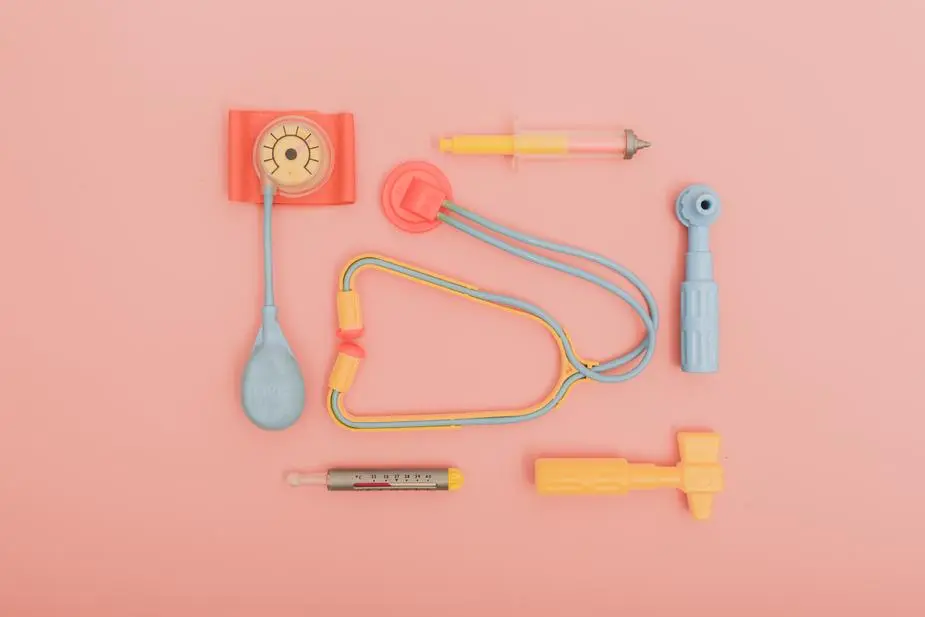There’s no way around it, interviews are always intimidating. But as it’s the final stage of the UK Medical School application process, you should be very proud of yourself for getting this far! Going into your medicine interviews with the correct preparation will maximise your chances of nailing it. Medical Schools use two different interview formats – Multiple Mini Interviews (MMIs) and a traditional panel interview. We will look into both interview formats in more depth. Unlike other degrees, as a UK medical applicant you should treat your interview as a professional job interview with the NHS – your prospective employer. Try and get into this mind-set by dressing smartly on the day so that you can make the best impression on your interviewers. Now, time for more information on the two different interview formats…
1) Traditional Panel Interview
A less common format nowadays, the applicant is usually asked questions about their medical aspirations/personal statement etc. 
This is normally with 2-3 interviewers over a 15-30-minute period. To some this is quite intimidating, but if you are prepared, I promise you can actually enjoy panel interviews. Not just about knowledge, the key is to also establish rapport. The obvious drawback however, is that you are only assessed by a few interviewers based on one interview – so your score relies solely on their impression. Imperial, Southampton and Glasgow are some of the universities which adopt this format of medicine interviews.
Oxbridge have their own, unique panel interview format which focuses on unfamiliar scientific concepts. In these medicine interviews, the tutors are not looking at how much you already know, but how easily you can assimilate new ideas. Make sure to be confident in explaining your thought process when answering a question. It’s perfectly fine if you get it wrong as your interviewer can then put you on the right track. Staying quiet when you don’t know how to answer a question makes it impossible for the interviewer to help you, so don’t be afraid to think out loud! At the end of the day, they are looking for an inquisitive, passionate applicant who would benefit from the tutorial teaching method, central to learning at Oxbridge. Try to think of it an academic conversation and enjoy the experience!
2) Multiple Mini Interviews (MMIs)
The vast majority of Medical Schools have now converted to this more modern interview set-up. This is largely due to criticism of the traditional panel interview, where applicants complained that some would be at an unfair advantage if they were able to establish a personal connection to their interviewers. MMIs also aim to hone in on the real-life skills required of doctors.
The MMIs keep your details anonymous and you will interact with a variety of interviewers. At two of my universities I was even interviewed by a patient! The general idea is that you spend around 2-5 minutes per mini interview, after which you get a quick break and then move onto another mini interview, and so on. This greatly reduces the pressure on any single interview, as if one goes badly it will not affect your score on others. You can move on with a fresh mind.
Mini interviews may follow these themes:
- motivations for choosing medicine
- work experience
- problem solving
- communication/leadership skills
- empathy
- strengths and weaknesses
- NHS knowledge
- ethical dilemmas etc.
Role play is also common. Make sure to look up the sorts of scenarios beforehand and consider answers for these types of questions.
Why Medicine?
This is a question which you can guarantee to come up during your medicine interviews, whatever type. It is vital that you’ve explored your reasons clearly beforehand. Just like in your personal statement, avoid clichés and instead talk about your own journey. Try and structure your answer so your interviewer can understand how you’ve arrived at your decision. Don’t try to memorise an answer though – this will make you seem robotic and less personable in the interview!
Work Experience
You should feel confident explaining and reflecting upon your various experiences in a clinical setting. Make sure you cover exactly what you did/who you spoke to/what you saw. Especially discuss what you took away from your experiences. The more enthusiastic and confident you are, the more convincing you will sound to your interviewer. Writing down everything you can remember from your work experience on a word doc (hopefully you’ve already done this!) can help refresh your memory.
What makes a good doctor?
Be prepared to talk about the different character traits which you think make a successful medic. Some examples are leadership, communication, teamwork or time management skills. Remember to not just list these qualities – show the interviewer how you have developed these skills in your own life with examples.
What are your strengths and weaknesses?
Whilst the first half of this question does require some consideration, the second half is usually the trickiest to answer. You might be wondering what weakness you can admit to, without making yourself sound unsuitable? The trick is to be honest with your weakness, but to follow it up with how you are acting to improve it. You could also be asked about your greatest failure/mistake. As a doctor, you will inevitably make errors and it’s important that you are able to own these, reflect and implement action quickly.
Breaking bad news
This usually takes the form of a role play with a professional actor, and for me was the scariest station. Given a scenario, such as telling your best friend that you have lost their cat, you are tasked to tactfully break the news. It’s always important to build rapport, then issue a ‘warning shot’ before imparting upsetting news. Make sure you aren’t afraid of silence – pauses help a person digest and react to information. Usually the actor will be asked to respond emotionally, but it’s important that you keep your composure! Remember you aren’t meant to be perfect, as even the most skilled consultants find delivering bad news difficult. Just be empathetic and above all use listening skills.
NHS Knowledge
As you’re ultimately applying for a job in the NHS, it’s important that you are clued up on it’s history, structure, and management. You should stay on top of topical issues such as junior doctor contracts, Charlie Guard and the Bawa-Garba case, as these could easily come up. A great way to do this is by reading BBC Health or the Medic Portal.
If you aren’t applying to the UK, you should apply this to your own country’s health care system.
Ethical dilemmas
Tying in with NHS Knowledge, you should be comfortable with applying the 4 pillars of medical ethics (Beneficence, Non-Maleficence, Autonomy and Justice) to any ethical scenario. When approaching your answers in this way, you will show a nuanced understanding of the different perspectives which doctors need to adopt, hopefully impressing the interviewer.
3) Extra Considerations
Group interviews
Alongside an MMI/panel interview, some universities also add a group interview into the mix. In a team of around 5-10 applicants you could be given a medical condition/ethical scenario to discuss. Try to be vocal and contribute your ideas. If you don’t speak up, then how will the interviewers be able to assess you? At the same time, you don’t want to be dominating the conversation either: if you notice another applicant is staying quiet, you could maybe ask for their opinion on the matter. This will show the interviewers that you are aware of group dynamics and the importance of getting everyone’s perspective. This is crucial once you become a doctor, as each member of the interdisciplinary team will have some valuable input in a discussion.
Interview practice
Your school might arrange their own interview practice, but even so I highly recommend going on an outside course. Before my medicine interviews, I went on a practice MMI circuit. This emulated the feeling of a real MMI as I was interviewed by people unknown to me at an unfamiliar location, and was asked a variety of possible interview questions. I got individualised feedback from each interviewer at the end of each mini interview, giving me ways to improve upon my answers. Most people find their first interview the hardest, so practice circuits are a great way to get rid of that nervous energy before you interview performance really counts!
That’s all for our UK Medical School Application series, but I hope that this final blog will be useful when preparing for medicine interviews! Do remember that if you’re looking for support throughout the university application process, whether that be personal statement help or interview guidance, our tutors can provide tailored advice. Click here for more information!
Today’s blog post was written by Erin Lynch, one of our tutors who scored 45 points in her IB Diploma. Erin is a prospective medical student at Cambridge University, but she also received offers from Exeter, Edinburgh and UEA.
Watch our free study videos here!




